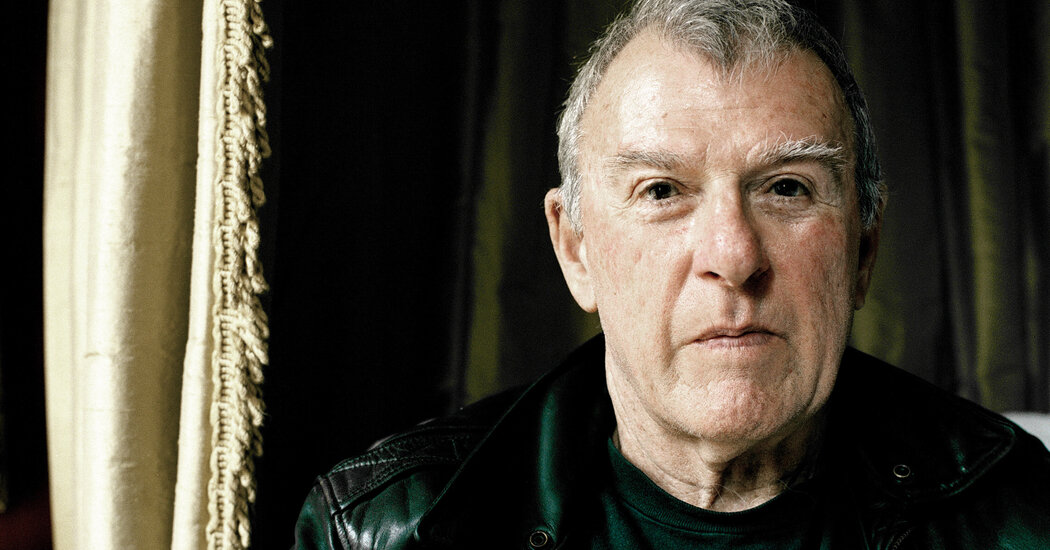
The joys of a long-held house are acknowledged. Gunn stares at the lemon tree in his yard, fully grown and bearing fruit, and recalls that a friend first grew the seed 25 years earlier, in a pot on the kitchen table of an old apartment.
Other enthusiasms are entertained. Gunn loved movies, all kinds. “Drugstore Cowboy” is so excellent, and so true to the experience of drug users, he wrote, that “you are happy to be a member of the human race that produced it.”
His crush on Keanu Reeves is a small, sunny theme in these letters. Gunn called him “a complete darling.” Later, after Reeves had appeared in a string of mediocre films, Gunn wrote: “I am beginning to think that Keanu doesn’t really care about his career at all, he’s looking for someone like me but can’t find him. Hey Keanu, I’m here! HERE! If you ring my doorbell I’ll show you all round the house!”
He was committed to music, high and low. “Eleanor Rigby” almost made him weep. He saw Hendrix live and attended Altamont. I had to laugh when I read, in a 1975 letter: “Did I tell you about BRUCE SPRINGSTEEN? 2 records, and the best new singer since — who shall I say? Elton John maybe.”
Gunn did not have an especially wide correspondence, at least as demonstrated in this dense collection of more than 700 pages, which the editors tell us is about one-tenth the total. Most are to the same handful of friends. There are rocket-like cameos. The best belongs to the young Oliver Sacks, whose full name was Oliver Wolf Sacks. He was a fan of Gunn’s.
Here’s how he’s introduced, in a 1961 letter: “There is a queer, colossally big London Jew called Wolf, a medical student, and a friend of Jonathan Miller, who says my poetry changed his life — it caused him to get a bike and wear leather, and he tears around like a whirlwind.”
Sacks and Gunn were briefly lovers, then lifelong friends. Gunn watched with a mix of pleasure and awe as Sacks’s career as a neurologist, naturalist and writer developed.




